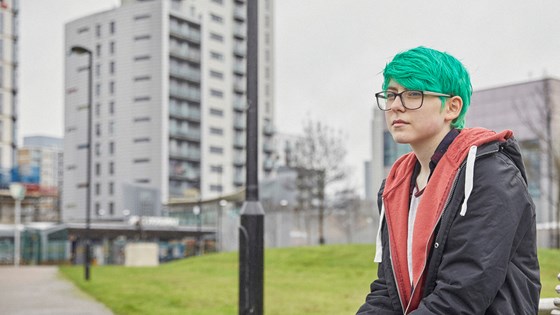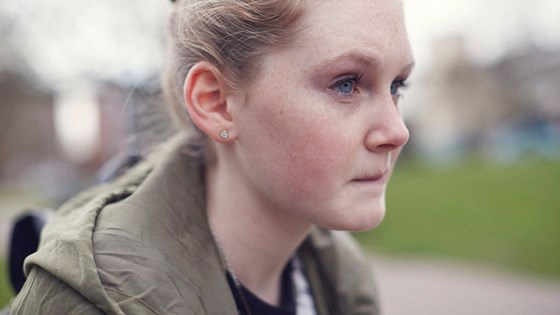Wanting to run away
Sometimes running away can feel like your only option. You might want to run away because of:
- family arguments
- feeling unhappy in care
- being hurt or abused
- wanting to live with someone else
- things happening at school or bullying
- how you're feeling.
Whatever's happening, we can help support you. Whether you've run away or are thinking about it you can speak to a Childline counsellor.








